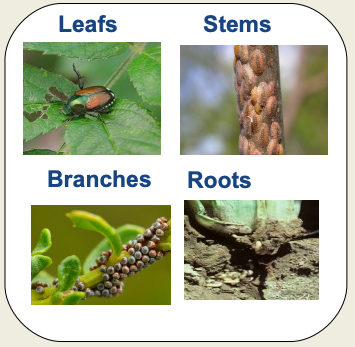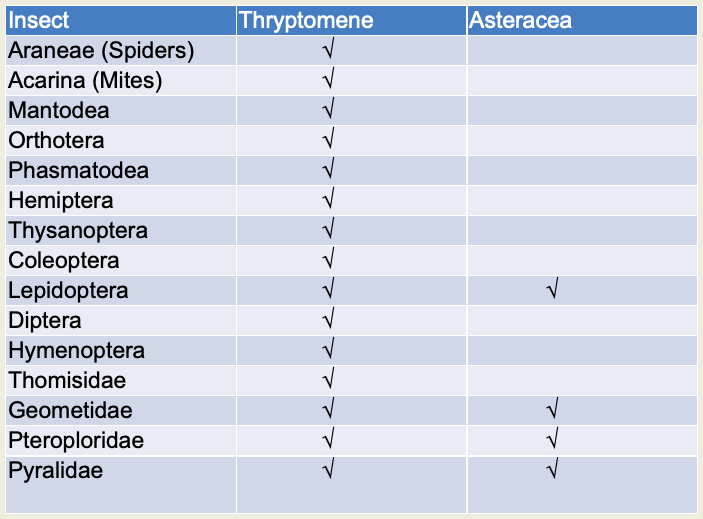Background
Plants play a major role in supporting the survival and diversity of insects (Mehlhorn 2011).
The plants provide food, shelter and promote the defensive mechanisms of the insects (Thompson 2011).
This study focuses and seeks to identify ways in which the urban trees support the diversity of insects in the respective environments.
Methods
- Critical analysis of secondary data was conducted to get information about the habitat and environmental requirements of insects and the plants’ physiological processes.
- The observation was also an instrumental method that was used to assess the behavior and the existence of insects in relation to plants.
Discussion
There are different species that have various types of insects. If there are many urban trees, they support the diversity of insects.
Climate change might cause global warming and the extinction of some insects. The presence of trees helps to prevent extinction and hence biodiversity (Higgins 2011; McMahon 2011).
Plants offer different habitats to insects hence diversity.

Results

Conclusions
- Plants provide diverse living habitats for insects hence promoting their diversity.
- Plants purify air to allow the survival of many species of insects that could otherwise die because of gases produced in urban environments (Mehlhorn 2011).
- The plants curb climatic change that would lead to the possible extinction of some insects.
Bibliography
Higgins, M 2011, The best of bugs: designing hand pollinators: insects, plants, and agricultural engineering for elementary students, National Center for Technological Literacy, Museum of Science, Boston.
McMahon, M 2011, Plant science: growth, development, and utilization of cultivated plants, Prentice Hall, Boston.
Mehlhorn, H 2011, Nature helps– how plants and other organisms contribute to solve health problems, Springer, Heidelberg.
Thompson, W 2011, The whitefly, Bemisia tabaci interaction with geminivirus-infected host plants Bemisia tabaci, host plants and geminiviruses, Springer Science and Business Media, Dordrec.